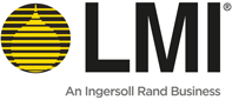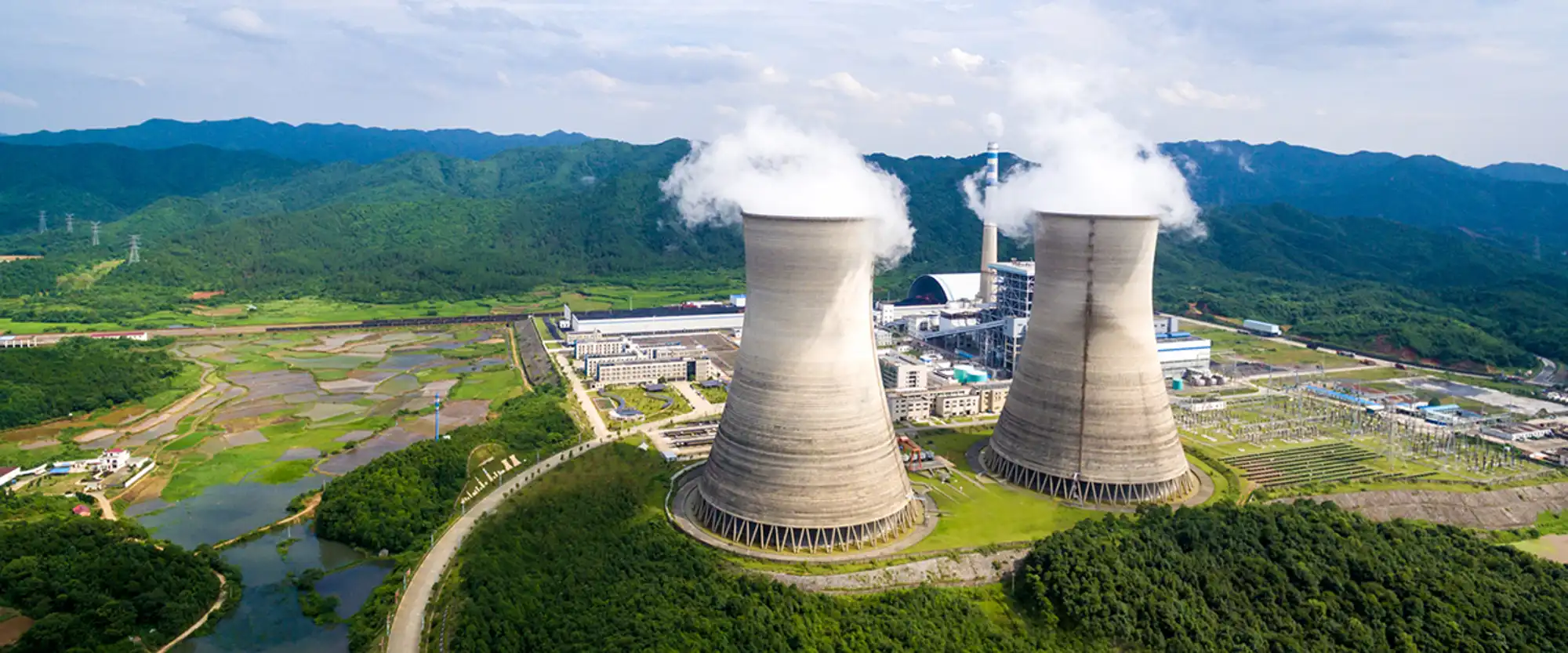Many commercial and industrial sites rely on the addition of chemicals in various processes throughout the facility to prevent water quality issues. Prevention of water quality issues is important because poor water quality can easily lead to scale build up, corrosion, and biological fouling. All of these conditions are much more cost effective to prevent than remedy.
LMI Diaphragm Metering Pumps or Chemical Feed Pumps, are defined by ANSI 7.1, as “reciprocating positive displacement pumps typically used for the injection of chemical additives, proportional blending of multiple components, or metered transfer of a single liquid. These types of pumps are used in applications requiring accurate, repeatable, and an adjustable rate of flow.”
LMI metering pumps and LMI controllers utilized in chemical feed systems are simple ways commercial and industrial sites can improve their processes. Robust and reliable chemical feed equipment can yield substantial advantages in a wide range of industrial and commercial water applications, including:





